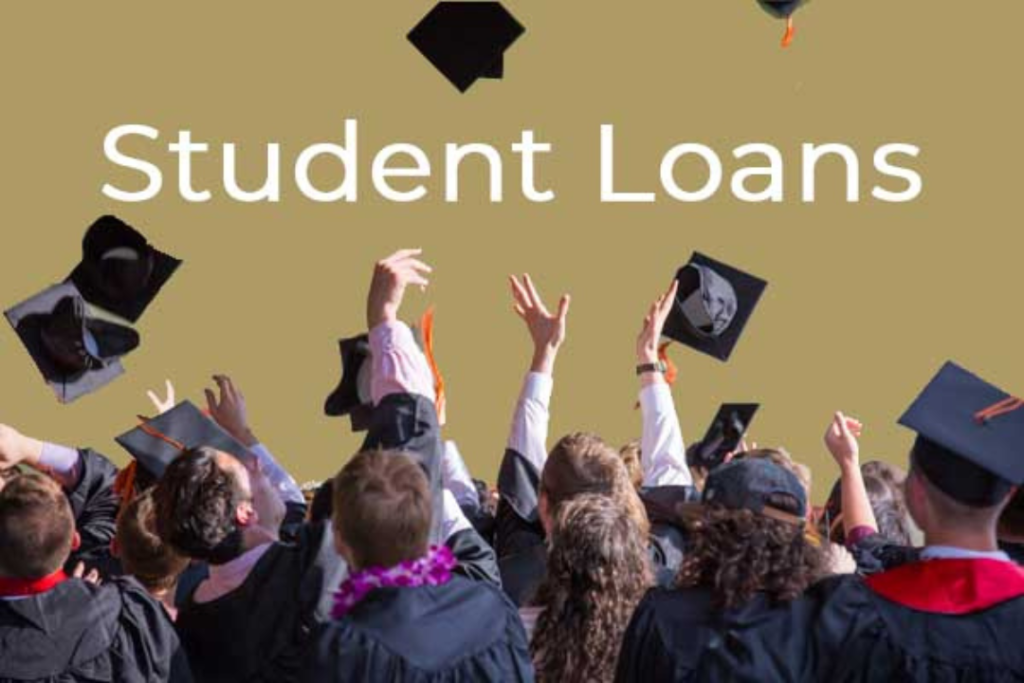Higher education is an exciting journey, but it often faces the challenge of financing your studies. Therefore student loans are a considerable option for many students in South Africa who wish to finance their studies. Student loans offer financial aid for tuition fees, accommodation, books, and other academic-related expenses. Thus, knowing how to apply for a student loan in South Africa is very important for a seamless process.
Types of Student Loans Available in South Africa
Firstly, there are two types of student loans provided for South African students.
Government-Sponsored Loans: The government initiative providing the financing for students is the National Student Financial Aid Scheme (NSFAS). It is the main government initiative providing loans to eligible South African students. NSFAS loans are based on financial need with the intention of supporting mainly students who are from the disadvantaged backgrounds.
Private Student Loans: Private loans are offered by various banks and financial institutions in South Africa: Absa, Standard Bank, FNB, and Nedbank. These loans are most often available for those students with a good credit history or with a guarantor who can take responsibility for their ability to pay back.
A Step-by-Step Guide in Applying for a Student Loan in South Africa
1. Check Eligibility Criteria
Before applying for a student loan, one must ascertain whether he meets the eligibility criteria. For NSFAS :
South African citizen.
Enrolled or about to enroll at a public university or TVET college.
Financial need: Must come from a household with a combined annual income of less than a particular threshold; currently, that is R350,000 for a single student.
Must not have been funded previously by NSFAS (applicable to continuing students).
Private student loan requirements differ from bank to bank, but these are among the common requirements:
The citizen or permanent resident of South Africa.
Proof of enrollment in an accredited educational institution.
A good credit rating (or a co-signer/guarantor if it is a first-time application).
Proof of income or financial standing.
2. Collect Necessary Documents
Be sure to have the correct papers at hand when applying for NSFAS loans and private student loans. This usually includes:
Proof of Identity: South African ID or Passport (foreign applicants).
Proof of Address: Utility bill or bank statement with your current address.
Confirmation of Admission: Acceptance letter or proof of enrollment by the institution.
Parent/Guardian’s Financial Information: If applying for NSFAS, information about your household income will be required.
Proof of Income: Payslips or bank statements (most especially private loans).
Co-Signer Information: If applying for a private loan, you might need to secure a co-signer.
3. NSFAS Application Process
If you are eligible for NSFAS funding, you can apply by the following:
Online Application: Go to the NSFAS website (www.nsfas.org.za) to create an account. Fill out the application form with all necessary data.
Submit Documents: Upload dense statements with your documents.
4. Private Student Loan Application
Procedures for taking a private student loan from a bank or financial institution are as follows:
Choose Lender: Compare loans available to you by different banks and financial institutions and note the interest rates, repayment terms, and whether loan is secured (guarantor or collateral is required) or unsecured.
Complete the Application Form: Fill out the online form or visit your local branch to apply. You will possibly be required more information based on your financial history or that of your co-signer.
Provide Documents: Submit whatever documents the bank or financial institution asks for: proof of income, proof of registration, and ID.
Process of Approval: In general the bank will check your application and standing. They will then provide you with all related information like the amount, interest rates, and repayment terms once approved.
5. Repayment and Terms
There are also specific provisions for refunds under the two types of loans, NSFAS and private loans. Most NSFAS loans are for repayment after graduation; however, a further condition is that you must earn over a fixed amount per annum, which is currently R80,000. Such a loan can also convert to grant if the entire course is done but with a specific number of working months in public service.
Private loans for students have an average repayment period specified. Repayment of these loans starts after the completion of studies. However, exact terms of repayment will be determined by the lender. Make sure to read and understand the loan agreement before accepting the offers.
Managing Your Student Loans
Start Early with Repayment: Try to get started with your loan payoff as early as possible, even if it is only a small amount.
Budget Wisely: Understand fully the financial implications of a new loan. Make a budget that accommodates living expenses, tuition fees, and loan repayments.
Look for More Scholarship Options: More than loans, look for scholarships, bursaries, and other forms of financial support that may be available for reducing loans.
Communicate with Your Lender: If you are experiencing financial difficulties, do not hesitate to approach your lender; most will be able to discuss any options they have for repayment or deferment.
In Conclusion
Even if many people view applying for a student loan in South Africa as complex, it is not so if the proper steps are followed to acquire funding for one’s education. Very much indeed, whether getting an NSFAS loan or private loan, it is crucial to understand the terms, eligibility criteria, and obligations tied to the loan. Plan and gather all documents early and apply timely so that you will have less worry when it comes to concentrating on studies.
